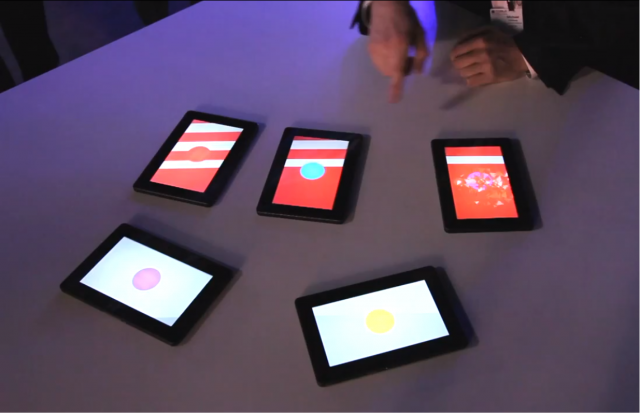
Both Nokia and RIM have separately announced that they have seeded thousands of devices to developers through their respective outreach programs. The companies are waging a difficult battle against Apple and Google in the fiercely competitive smartphone and tablet app space, and while both companies claim that the numbers in each app market are increasing, the quality apps that many users consider to be of paramount importance are often missing in action.
Nokia’s Senior Vice President of Developer Experience, Marco Argenti, claims that out of the 25,000 promised developer Lumia devices, 17,000 have been handed out to developers. Since Nokia and Microsoft announced their partnership to bring Windows Phone to Lumia line, the number of WP7 apps have increased from 7,000 to 80,000, though it’s arguably the quality of the apps that has increased the most.
Similarly with the PlayBook: RIM announced yesterday that it has shipped 20,000 PlayBooks to developers, and the BlackBerry App World is approaching 100,000 apps (BlackBerry & PlayBook combined). More importantly, the PlayBook is finally receiving some of those big name apps users need to justify a purchase: Angry Birds, Evernote, Zinio, Deezer.
Both RIM and Nokia know that it will take a lot of work, and money, to get big name developers to spend thousands of dollars porting their existing intellectual property over to Windows Phone and BB10/QNX. So they’re starting with the little guys, the individual who only have so much time, or the small team whose loyalty can be swayed either way.
Sometimes it’s nice to root for the underdog. RIM is making sure the underdog gets paid, too. They’re guaranteeing that every BB10 developer will earn at least $10,000 per year for their efforts, and if the app itself is not revenue-generating, the company will write a cheque for the difference. This is a big move, since it invites small-fry devs with nothing to lose to either port an existing app to BB10, or to create one from scratch using the well-documented tools of the trade.
Similarly, Nokia knows that from a handset perspective, the future of Windows Phone rests on its aching shoulders. Argenti claims the company is holding nearly 600 developer-related events in the first half of 2012, with 100 in North America alone.
The companies have a lot to gain, and more to lose, from this costly endeavour. What they’re learning the hard way is that money and free devices aren’t enough to bring developers into the fold; you need momentum, and that winning strategy has yet to be broadcasted.
Source: FierceDeveloper
MobileSyrup may earn a commission from purchases made via our links, which helps fund the journalism we provide free on our website. These links do not influence our editorial content. Support us here.


